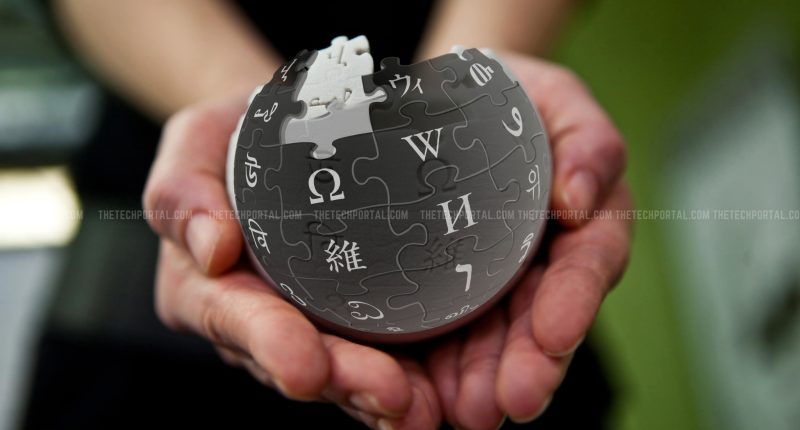The Delhi High Court has ordered the Wikimedia Foundation (which operates a popular yet controversial online encyclopedia – Wikipedia) to remove content deemed defamatory from the Wikipedia page about the Indian news agency, Asian News International (ANI). The court found that certain statements on Wikipedia described ANI as a government ‘propaganda tool,’ which it ruled harmed the agency’s professional reputation and must be taken down.
Notably, this legal action began in 2024 when ANI filed a defamation lawsuit against Wikimedia, seeking damages of around ₹2 crore (~ $240,000) and a formal apology. ANI alleged that the Wikipedia page contained defamatory content that negatively impacted its professional standing.
Previously, the Court ordered Wikimedia to disclose information about three individuals who were responsible for the controversial edits. These individuals, named as defendants in the defamation suit, are accused of making edits that painted ANI in a negative light.
However, in response to these allegations, Wikimedia argued that the platform does not directly control the content published on Wikipedia. As a ‘technology host, the Wikimedia Foundation does not create or edit the material available on its site. Instead, Wikipedia’s content is generated by a global community of volunteer editors who compile and share information on a wide range of subjects. It also stated that the removal of such content would suppress free expression and restrict access to knowledge.
The case highlights the ongoing tension in India between free speech and reputation rights, particularly concerning online platforms and content moderation. Similar disputes have arisen with other technology platforms, like X (formerly Twitter), which has contested government orders to block certain posts related to the 2021 Indian farmers’ protests.
In fact, in the latest move, Elon Musk-owned X initiated legal action against the Indian government by filing a petition in the Karnataka High Court last month. The company challenges the government’s use of Section 79(3)(b) of the Information Technology Act, arguing that it unlawfully expands censorship powers and facilitates the removal of online content without adhering to the established legal framework outlined in Section 69A.
Coming back to Wikimedia’s row, till now, the nonprofit organisation has not publicly responded to the Delhi High Court’s ruling or indicated whether it plans to appeal the decision.
The Tech Portal is published by Blue Box Media Private Limited. Our investors have no influence over our reporting. Read our full Ownership and Funding Disclosure →






